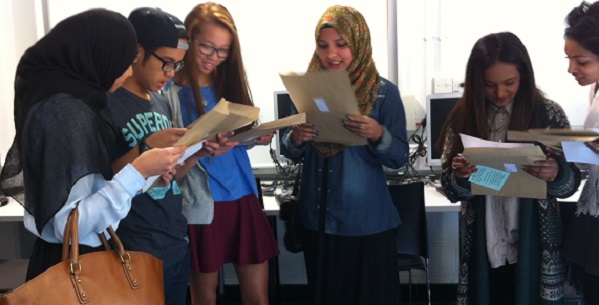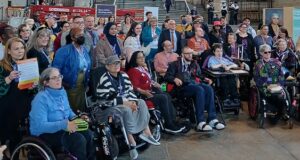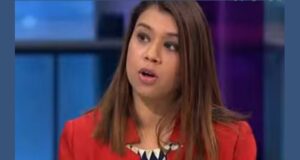Black and Asian Muslim youngsters, particularly young women, “do worse for jobs”, even though it is white boys from poor families who “do worse” in school. The finding comes from the Social Mobility Commission – an independent but official body. It monitors social mobility in the UK, commissioning its own research, and tries to influence it, by advising ministers and other bodies (particularly those in education and employment) to improve it.
The finding will not come as a surprise to anyone except perhaps the members of the “Social Mobility Commission” – who have yet to give a clear explanation of what they think “social mobility” is. The term seems to be one of those new words governments dream up to dress up their failings. “Mobility”, the general ability to move, can happen upwards or downwards. “Social Mobility” seems, in government circles, to be a way of saying “are we being fair to poor people?” Of course they aren’t: that’s why the poor are still poor.
The first key question – which the Commission fails to ask – is why black and ethnic minority pupils are a higher achieving part of the school community. The answer is partly to do with the desire of immigrant families to succeed and more importantly down to investment, not least by the Labour Government, in inner city education. The current Government is furiously cutting back on this investment – and a dip in achievement is bound to result at some point. The Commission could have suggested the Government needs to reverse its cuts if black and Asian Muslim pupils are to continue to succeed. It doesn’t.
The second key question is why employers are discriminating against Asian Muslims. One of its key findings is:
“There has been an increase in educational attainment for Pakistani/Bangladeshi pupils and their performance has improved at a more rapid rate than other ethnic groups in recent years at almost every key stage of education. Almost half of Bangladeshi and over a third of Pakistani young people from the poorest quintile go to university. However, this is not reflected in labour market outcomes, particularly for women, where researchers find that British Bangladeshi and Pakistani women earn less than their counterparts from other ethnic minority groups.
“Despite achieving higher qualifications at school than their male counterparts, researchers find that female Bangladeshi graduates are less likely to gain managerial and professional roles than male Bangladeshi graduates.”
A large part of the answer has to be that while schools are colleges have been working hard to make Britain a multicultural society, private employers have generally been heading in the opposite direction, part of the backlash against multiculturalism and other forms of equal opportunities, health and safety and workers rights in general.
A positive example in terms of equality at work was set in Tower Hamlets, when Mayor Lutfur Rahman’s Administration seized the timid start made by previous Labour Administrations, which had been working towards “a workforce to refect the community”, and introduced a series of practical measures to improve equality, including bursaries and mentoring – which snowballed. Will the Government look towards the positive example of Mayor Lutfur Rahman’s Administration? Don’t hold your breath…
[Adverts]
 East London News A Force for the community…
East London News A Force for the community…




